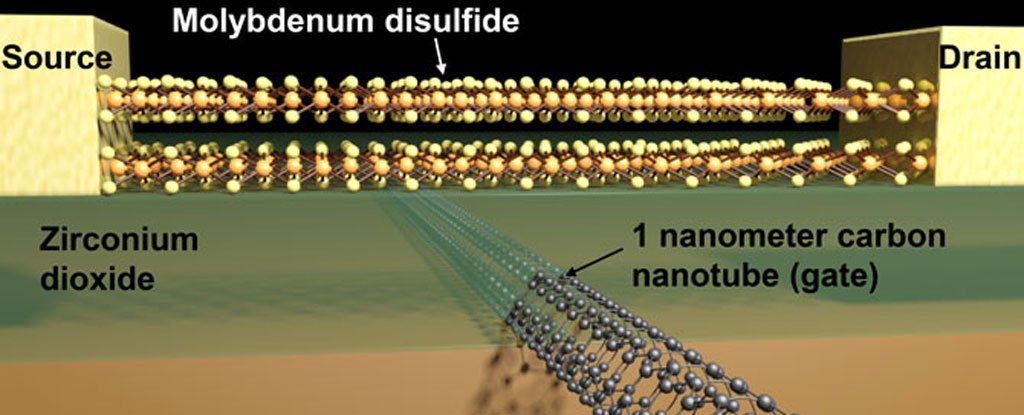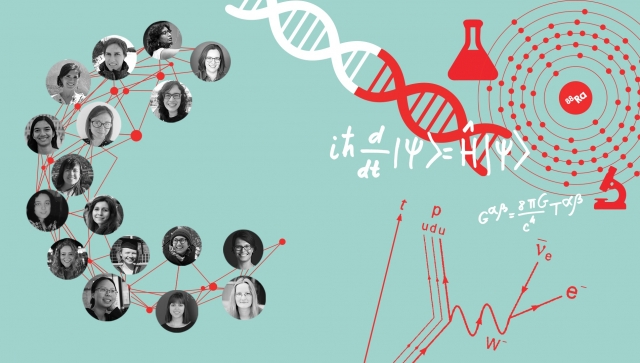Physics is the study of matter, motion, energy, and force. Here, you can browse videos, articles, and exercises by topic. We keep the library up-to-date, so you may find new or improved material here over time. Mac os snow leopard for pc. Our physical science activities help kids of all ages explore the mechanics of their world. Through engaging experiments and hands-on projects, young scientists will discover important scientific principles as they create their own compass, generate electricity using potatoes or their own bodies, investigate with homemade CSI kits, build a hovercraft, and explore the science of foods.
- Heritage of antiquity and the Middle Ages
- The scientific revolution
- Physics
- Science from the Enlightenment to the 20th century
- Celestial mechanics and astronomy
- Developments and trends of the 20th and 21st centuries
- Astronomy
- Physics
Our editors will review what you’ve submitted and determine whether to revise the article.
Join
 Britannica's Publishing Partner Program and our community of experts to gain a global audience for your work! Stephen G. BrushSee All Contributors
Britannica's Publishing Partner Program and our community of experts to gain a global audience for your work! Stephen G. BrushSee All ContributorsPhysical science, the systematic study of the inorganic world, as distinct from the study of the organic world, which is the province of biological science. Physical science is ordinarily thought of as consisting of four broad areas: astronomy, physics, chemistry, and the Earth sciences. Each of these is in turn divided into fields and subfields. This article discusses the historical development—with due attention to the scope, principal concerns, and methods—of the first three of these areas. The Earth sciences are discussed in a separate article.
Physics Science Definition

What is physical science?
Physical science is the study of the inorganic world. That is, it does not study living things. (Those are studied in biological, or life, science.) The four main branches of physical science are astronomy, physics, chemistry, and the Earth sciences, which include meteorology and geology.
What are some of the physical sciences?

Kane and lynch for mac. Among the physical sciences are astronomy, which studies the universe beyond Earth; physics, which studies matter and energy and their interactions; chemistry, which studies the properties of substances and how they change; and the Earth sciences, which study Earth itself as well as its atmosphere and waters.
Is biology one of the physical sciences?
No. Biology, the study of living things, is not one of the physical sciences. The physical sciences do not study living things (though the principles and methods of the physical sciences are used in biophysics to investigate biological phenomena).
Is mathematics a physical science?
Although mathematics is used throughout the physical sciences, it is often debated whether mathematics is itself a physical science. Those who include it as a physical science point out that physical laws can be expressed in mathematical terms and that the concept of number arises in counting physical objects. Those who say mathematics is not a physical science consider numbers as abstract concepts that are helpful in describing groups of objects but do not arise from the physical objects themselves.
Physics, in its modern sense, was founded in the mid-19th century as a synthesis of several older sciences—namely, those of mechanics, optics, acoustics, electricity, magnetism, heat, and the physical properties of matter. The synthesis was based in large part on the recognition that the different forces of nature are related and are, in fact, interconvertible because they are forms of energy.
The boundary between physics and chemistry is somewhat arbitrary. As it developed in the 20th century, physics is concerned with the structure and behaviour of individual atoms and their components, while chemistry deals with the properties and reactions of molecules. These latter depend on energy, especially heat, as well as on atoms; hence, there is a strong link between physics and chemistry. Chemists tend to be more interested in the specific properties of different elements and compounds, whereas physicists are concerned with general properties shared by all matter. (Seechemistry: The history of chemistry.)
Astronomy is the science of the entire universe beyond Earth; it includes Earth’s gross physical properties, such as its mass and rotation, insofar as they interact with other bodies in the solar system. Until the 18th century, astronomers were concerned primarily with the Sun, Moon, planets, and comets. During the following centuries, however, the study of stars, galaxies, nebulas, and the interstellar medium became increasingly important. Celestial mechanics, the science of the motion of planets and other solid objects within the solar system, was the first testing ground for Newton’s laws of motion and thereby helped to establish the fundamental principles of classical (that is, pre-20th-century) physics. Astrophysics, the study of the physical properties of celestial bodies, arose during the 19th century and is closely connected with the determination of the chemical composition of those bodies. In the 20th century physics and astronomy became more intimately linked through cosmological theories, especially those based on the theory of relativity. (Seeastronomy: History of astronomy.)
Heritage of antiquity and the Middle Ages
Physics Science Fair Projects
The physical sciences ultimately derive from the rationalistic materialism that emerged in classical Greece, itself an outgrowth of magical and mythical views of the world. The Greek philosophers of the 6th and 5th centuries bce abandoned the animism of the poets and explained the world in terms of ordinarily observable natural processes. These early philosophers posed the broad questions that still underlie science: How did the world order emerge from chaos? What is the origin of multitude and variety in the world? How can motion and change be accounted for? What is the underlying relation between form and matter? Greek philosophy answered these questions in terms that provided the framework for science for approximately 2,000 years. Lexicon driver for mac.
Physical Science Terms And Definitions
- key people
- related topics
